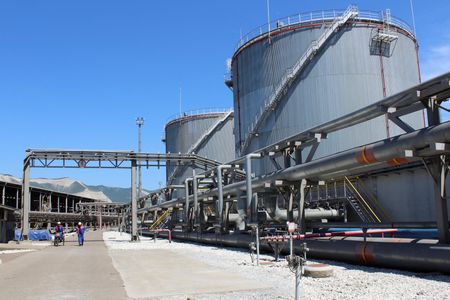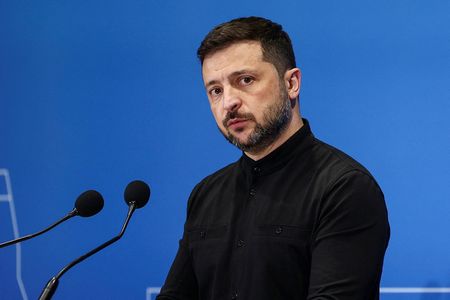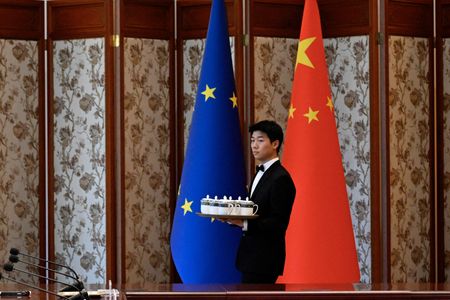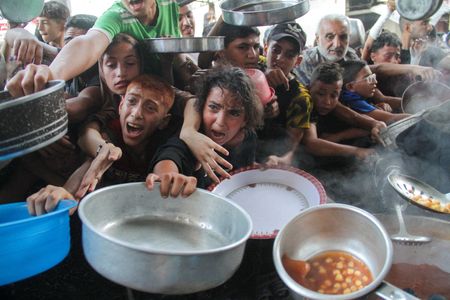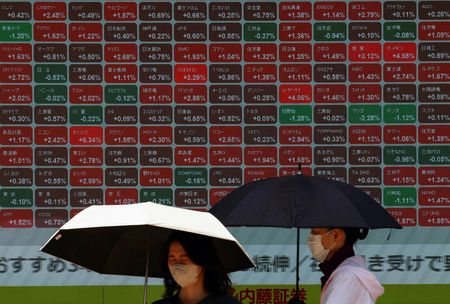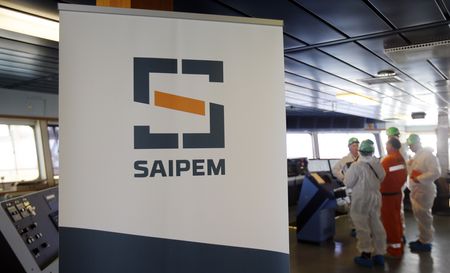MOSCOW (Reuters) -Foreign oil tankers are being temporarily barred from loading at Russia’s main Black Sea ports following new regulations, two industry sources said on Wednesday, effectively blocking exports from Kazakhstan handled largely by a consortium partly owned by U.S. energy majors.
The lack of port access to foreign ships, which also affected Russian oil exports from the port of Novorossiisk, could amount to more than 2% of global oil supply, according to Reuters calculations based on loadings data from the region.
It comes days after the EU imposed fresh sanctions on Russia and complicates operations of the Caspian Pipeline Consortium, whose shareholders include Chevron and ExxonMobil.
CPC ships oil through the pipeline, which carries more than 80% of all Kazakh oil exports, and further via Russia’s Yuzhnaya Ozereevka terminal.
On Monday, President Vladimir Putin signed a law under which foreign ships will require the approval of Russia’s FSB security service to access the country’s ports.
The decree said that permission from port authorities for foreign ships to enter would need to be agreed with the FSB, which is the main successor organisation to the Soviet-era KGB. The new measures came into force immediately after the decree was published.
CPC and Russia’s ministry of transport declined to comment on the suspension.
One of the sources said he expected the situation at the ports to be resolved in a day or two.
Black Sea CPC Blend oil exports from the CPC terminal in Russia were set at 1.66 million barrels per day for August, or about 6.5 million metric tons, almost unchanged from the July export plan. Exports and oil transit via Novorossisk are seen around 2.2 million metric tons in July, according to industry sources.
Mediterranean oil markets were already jittery following a contamination scare which led to delayed loadings of Azeri BTC crude oil from the Turkish port of Ceyhan in recent days.
CPC’s operations were also disrupted by a damaged pumping station in February in a suspected drone attack, and Russia’s brief restrictions on capacity of the CPC’s Black Sea terminal in April.
(Reporting by Reuters; Editing by Emelia Sithole-Matarise)

